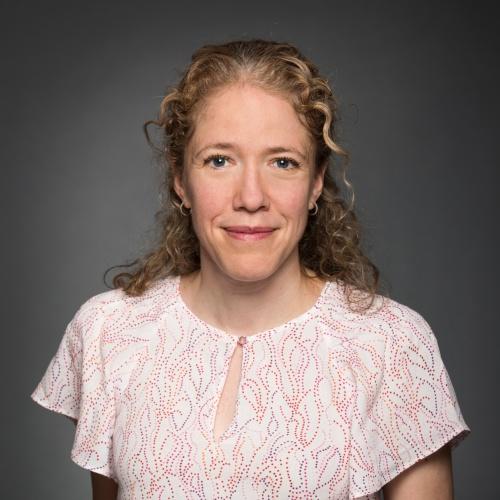As members of the local, national and international community, these members are in an excellent position to offer both constructive advice on the Institute’s proposed areas of strategic direction and research as well as to advise the LRI on promising new directions of inquiry that correspond to the mission and vision of the Institute. It is also designed to ensure ethical, financial and regulatory alignment of the Institute with the University of Ottawa and the current Charter.
Selected members are also asked to play an active role in facilitating liaison and connection to foster new or expand on existing partnerships and funding possibilities that fall within the mandate of the Institute. Responsibilities include:
- Ensure that the LRI initiatives are aligned with the defined strategic priorities of the University for both research and learning;
- Suggest possible enhancements and policies to the operation of the LRI;
- Consider feedback from the campus community and beyond regarding the LRI and make recommendations;
- Receive and review comments and suggestions from stakeholders and make recommendations;
- Make recommendations about strategies for funding and participate in fund raising activities for the LRI;
- Report to the Steering Committee.










